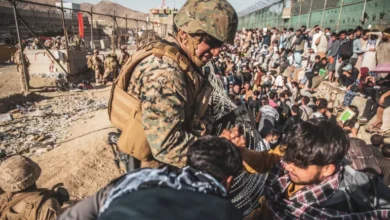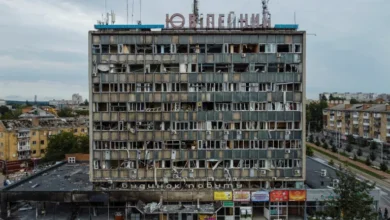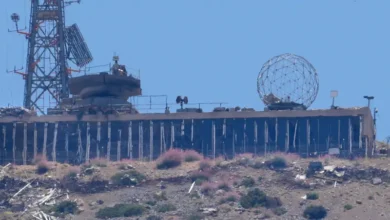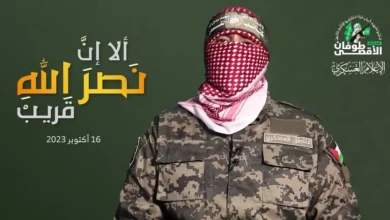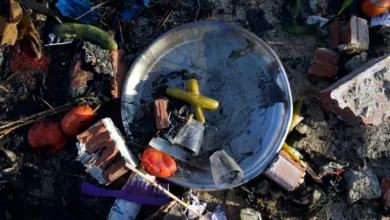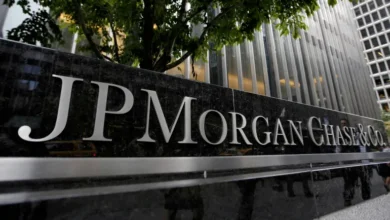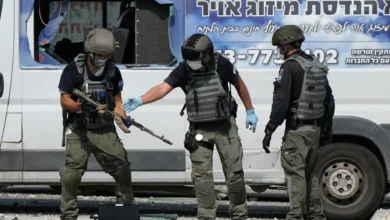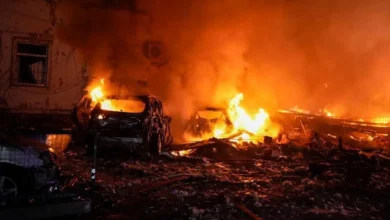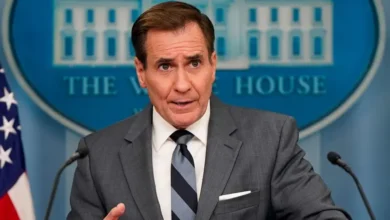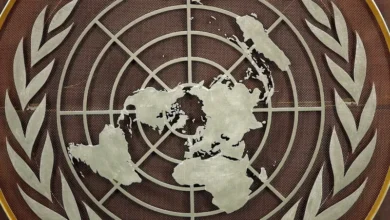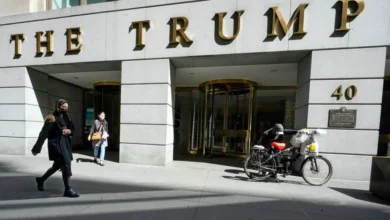After the bulldozer: Indian Muslims grapple with loss amid demolished homes
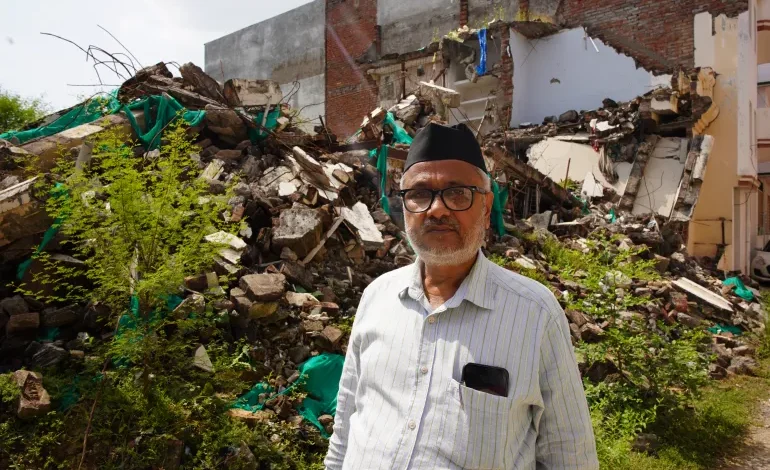
Shahid Malik is fighting for a home that no longer exists.
For the past two years, Malik, an accountant by profession, has been working with a local lawyer to seek justice for the demolition of his house and more than two dozen others in Kharak Riwara Satbari, a neighbourhood in southwest Delhi.
In October 2022, the Delhi Development Authority, a body responsible for urban planning, construction of housing and commercial projects, and land management in the Indian capital, tore down the houses without any prior survey or notice after losing litigation for control over the land to a private builder.
The cases Malik has filed – one on behalf of the Resident Welfare Association and another for his own home – still await a hearing. “The hearing is being continuously deferred to another date and we haven’t even had a chance to present our grievances. How long must we wait?” he asks.
But Malik has lost a lot more than just his home. Malik’s son Ziyan was born with cardiovascular complications two months before the house was demolished. His condition “got worse after we were pushed out in the cold”, Malik recounts, pointing towards the rubble of his demolished home.As the infant cried continuously for hours, Malik rushed him to the doctor the same evening as his home was demolished. For the next six days, Ziyan was transferred from hospital to hospital and eventually put on a ventilator in the Pediatric Intensive Care Unit at the All India Institute of Medical Sciences (AIIMS), New Delhi.
On a cold October morning, the parents noticed Ziyan’s body turning blue as he struggled to breathe. Then, he was no more. For the family, his death was a direct consequence of their home being demolished.
“The doctors told us that exposure to dust made it even harder for him to breathe,” Malik says.
“My wife and I still shiver with pain whenever we think of Ziyan. We were never given a notice, the authorities stole both our home and our son from us.”
‘Bulldozer justice’
Like Malik, hundreds of Indian Muslims have seen their homes demolished in recent years without any notice, and in many cases without any legal documents to justify the razing of homes in which generations of families grew up, lived and dreamed of a future.
Often, city authorities cite urban development, beautification drives, or clearing “illegal encroachments”. However, in many cases, the demolitions are publicly pitched by governments as punitive measures against activists and their critics, in states ruled by the Hindu majoritarian Bharatiya Janata Party (BJP) of Prime Minister Narendra Modi. Chief Minister of Uttar Pradesh Yogi Adityanath has earned the epithet of Bulldozer Baba (Daddy Bulldozer), while the former Chief Minister of Madhya Pradesh Shivraj Singh Chouhan gained popularity as Bulldozer Mama (Uncle Bulldozer). Their victims have often been disproportionately Muslim.
Salma Bano’s home was among the 1600 houses bulldozed in Akbar Nagar, Uttar Pradesh, in June 2024. More than 1,000 Muslim families were evicted for the Kukrail riverfront development project in Lucknow. Saplings were planted over their demolished homes to build a forest.
“Our entire neighbourhood was surrounded by bulldozers and within hours, everything was dust. We did not have anything to eat for the next two-three days,” Bano says. “Now that we are in this new house, we still have to think every day about how much we eat because we do not have enough earnings. I have five children. How will I feed them when my home and my world is all shattered?”
The displaced families have been relocated to Vasant Kunj, a neighbourhood about 15km (9 miles) from their old locality. Lucknow urban development authorities did not respond to Al Jazeera’s request for comment on the criticism of the demolitions.
“I am constantly worried about my children not being able to get proper education. Their school was much closer to our old home. Now we cannot afford their school fee or the charges for a school bus,” Bano says.
The family has to pay the government back in instalments for the house they have been allocated. “Everyday essentials are much more expensive here than they were in Akbar Nagar. Inflation is eating us alive,” Bano says. “I feel that our future is completely ruined.”
Mohammad Ishaq, her husband, adds that the family itself has been broken by the demolition. Earlier, his parents and brothers lived with him.
Relief and trauma
In a recent ruling, the Supreme Court of India declared that government authorities cannot demolish any property belonging to people accused of a crime without following due legal process. The judgement also underlined that the owner of the property must be given advance notice to challenge or respond to the order.
That judgement is “a great relief”, says Kumar Sambhav, founder of Land Conflict Watch, a data-research project that analyses ongoing land conflicts in India.
But the court verdict only addresses punitive demolitions. “Houses that are built on public land are exempted from this order and this ambiguous gap may allow the targeting of the minority community to continue,” Sambhav cautioned. “In the absence of the right to housing, the landless and the homeless of the country reside in the commons. Their homes will always be considered an encroachment.”
These demolitions have a psychological effect, as well, say mental health specialists.
“There is an irreparable sense of displacement,” Zulekha Shakoor Rajani, a Bangalore-based psychologist, tells Al Jazeera. “Personal trauma is being compounded by collective trauma and this is adversely impacting the mental health of many Muslims across the country.
“People feel abandoned with a lack of support and their sense of reality is gradually being distorted as they are no longer safe in their own homes.”
